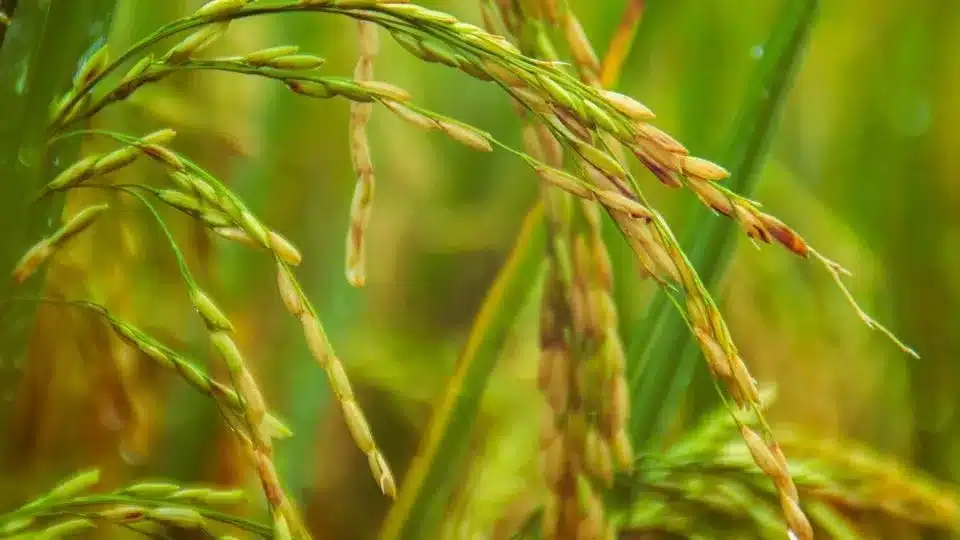Tags
Efforts stressed to oppose entry of GMO food in country

PESHAWAR: All the stakeholders including consumers have called for coordinated efforts to oppose the possible permission to Genetically Modified Organism (GMO) food crops, especially corn in the country as the product would not only contaminate all the local varieties of maize but also create serious environmental hazards and cause spread of fatal diseases like cancer and Parkinson’s.
In view of the detailed discussions and consultations made by all the stakeholders, the government had banned all the activities relating to GMO corn in the country and all the all the biosafety licenses for import and field trials of GM corn in the country had been suspended.
However, the multinational companies continued to make efforts to introduce the allegedly hazardous and highly cross-pollinated seed into the market. Their efforts were recently expedited to have a breakthrough during the caretaker government by any means.
The stakeholders have urged Caretaker Prime Minister Anwaarul Haq Kakar to take notice of the situation and save the country from the serious hazards of GMO seeds in food crops. “If the GMO corn is allowed in the country, it will contaminate all the local varieties within no time. This will benefit a few multi-national companies and a few individuals. But the people would be deprived of using maize for eating and other uses,” said a local farmer.
The major consumer of maize for various products in the country – Rafhan – has already expressed concern over the possible permission to GMO maize seed in the country.
The company has stressed that the matter should be consciously and carefully reviewed in view of the reservations of all the stakeholders and also the future of the crop, industry and needs of consumers.
Maize is the highest yielding and third most important crop of the country, which contributes 3 percent to the value addition in agriculture and 0.7 percent to the national GDP. Maize was cultivated on an area of about 1.720 million hectares in 2022-23 with annual production of 10.183 million tons, official statistics showed.
According to research reports already submitted to the government, cultivation of GMO Maize will contaminate all the varieties and no non-GMO crop will be left in the country. The local seed industry will collapse, resulting in economic loss and unemployment.
The GMO seeds will develop super-pests and superweeds, which will lead to severe use of dangerous pesticides and weedicides produced by the same multinationals.A few multinational companies will monopolize the corn seeds and the volume and cost of import will increase.
The cereal crop research institute in KP, which is the main research organisation about maize, has already warned against the hazards of the GMO crop owing to its health, environmental and social hazards.
The GMOs are produced using laboratory techniques where genetic material from the cells of one species is transferred into another species. They are the artificial creation of living organisms, which would never produce naturally.
Researchers say that the GMO foods act like slow poison, which may cause fatal diseases like cancer, multiple organ system failure, infertility, immune system failure, accelerated aging, disruption of insulin and cholesterol regulation, gastrointestinal problems, and organ damage. Laboratory experiments have already been done in this regard across the globe due to which GMO crop was banned everywhere.
Environmental hazards of the GMO crops include: Destruction of agro-ecosystem by contaminating non-GM crops, risks to biodiversity by destroying non-target species, development of super-pests and superweeds, which would not be controllable through pesticides and weedicides.
The GMO seeds also cause irreversible contamination of indigenous germplasm besides soil and water contamination with toxic chemicals, released by GM crops and impact on birds, insects and soil biota which will feed on the GM crops.
The GMO crops can have serious implications on the socio-economic situation of the country as the countries which have already banned the GM foods would stop importing maize and products made out of it after the introduction of GMO seed.
The genetically modified seed will increase the production cost of maize as the imported seed will be sold at very high prices. The farmers will suffer losses due to lack of a better marketing system.
The entire scenario requires proper considerations by those at the helm of affairs and concrete steps are required to save the country and its people from the multiple threats of the hazardous seeds.
https://www.thenews.com.pk/print/1128846-efforts-stressed-to-oppose-entry-of-gmo-food-in-countryPublished Date: November 15, 2023






